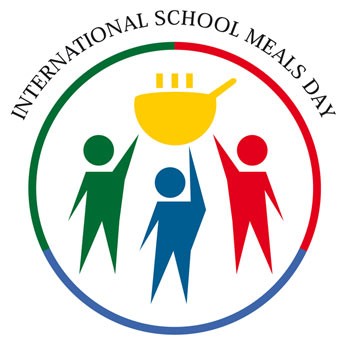Developing a whole school approach to learning for sustainability requires teachers to practise what they teach. A shared culture and values-based approach can enable practitioners and children to work together meaningfully. Pupils learn much from how these values are modelled and implemented by their teachers. However, supporting the development of character and values is a responsibility shared by all: parents, young people, teachers, youth workers, employers and communities. On 15th & 16th June, a dedicated conference on character, culture and values will bring a diverse group of people together to learn from each other, connect on these issues and be inspired to take action.
For further information or to register please visit www.character.scot/conference. Registration is available until 22nd May 2015.





 l Meals Day
l Meals Day Taking learning outdoors is an important aspect of learning for sustainability. In the recent,
Taking learning outdoors is an important aspect of learning for sustainability. In the recent, ![d2dlogo_big[1]](https://blogs.glowscotland.org.uk/glowblogs/public/lfsblog/uploads/sites/2744/2015/02/d2dlogo_big1.jpg)

